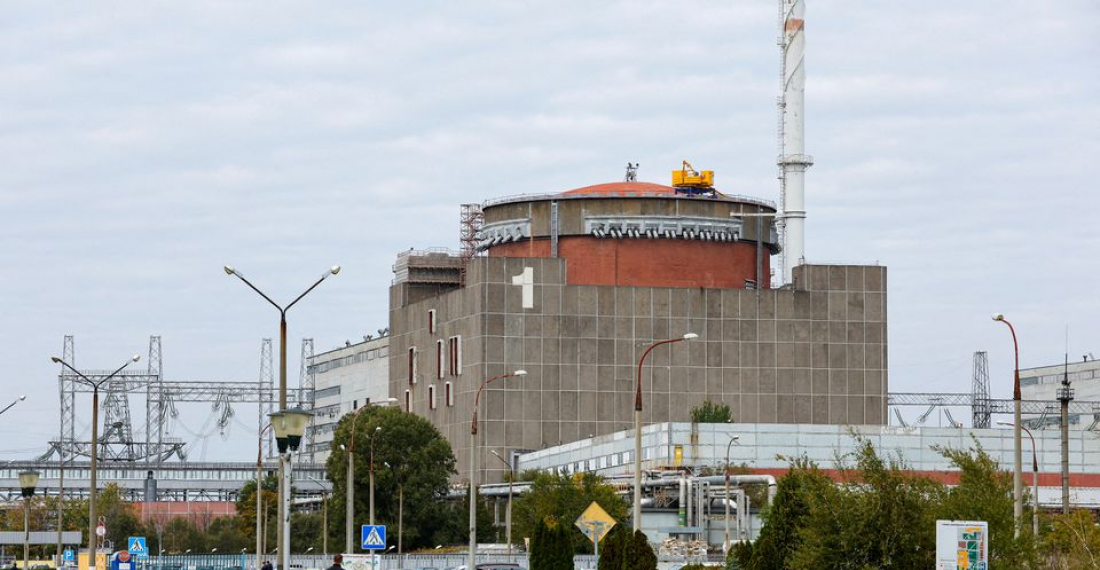On Thursday (3 November), Ukrainian officials announced that widespread Russian shelling close to the Zaporizhzhia power plant in southern Ukraine has damaged its power lines, causing it to be disconnected from the power grid.
Europe’s largest nuclear power station is thus solely running on backup diesel generators, which will be able to power the station for only two weeks. The Zaporizhzhia power station is currently under Russian control, but is operated by Ukrainians.
Since their full-scale invasion on 24 February 2022, Russia has repeatedly targeted critical Ukrainian infrastructure in order to limit the ability of the Ukrainian military to counter Russian offensive efforts. This has resulted in widespread power outages throughout Ukraine, as well as reduced water supplies in recent weeks.
The Kremlin is denying any claims that they are deliberately attacking civilian infrastructure.
Meanwhile, Russia has resumed its participation in the UN-backed Ukrainian grain export deal, on grounds that Ukraine has provided Russia with sufficient guarantees that it will not use the grain transport corridor for military operations against Russia.
Russia suspended its participation in the grain deal on Saturday 29 October., The grain deal, since its implementation earlier this summer, has helped relieve pressures on global food shortages triggered by the full-scale Russian invasion of Ukraine. The deal has allowed for more than 9.7 million metric tonnes of grain to leave Ukrainian ports. As of Wednesday 2 November, Kyiv has been able to reclaim its position as a reliable global grain exporter after the uncertainties caused by the Russian withdrawal from the deal on Saturday.
Russia suspending its participation in the grain export deal triggered widespread criticism from Western leaders, where French President Emmanuel Macron voiced concerns that Russia is harming global food security. Meanwhile, the Kremlin is concerned that the majority of grain from Ukraine is ending up in European ports and not in countries where it might be more needed, such as low-income countries. However, Ukraine is denying these claims, and independent monitoring has shown that Ukrainian grain is widely distributed among European as well as other international markets.






